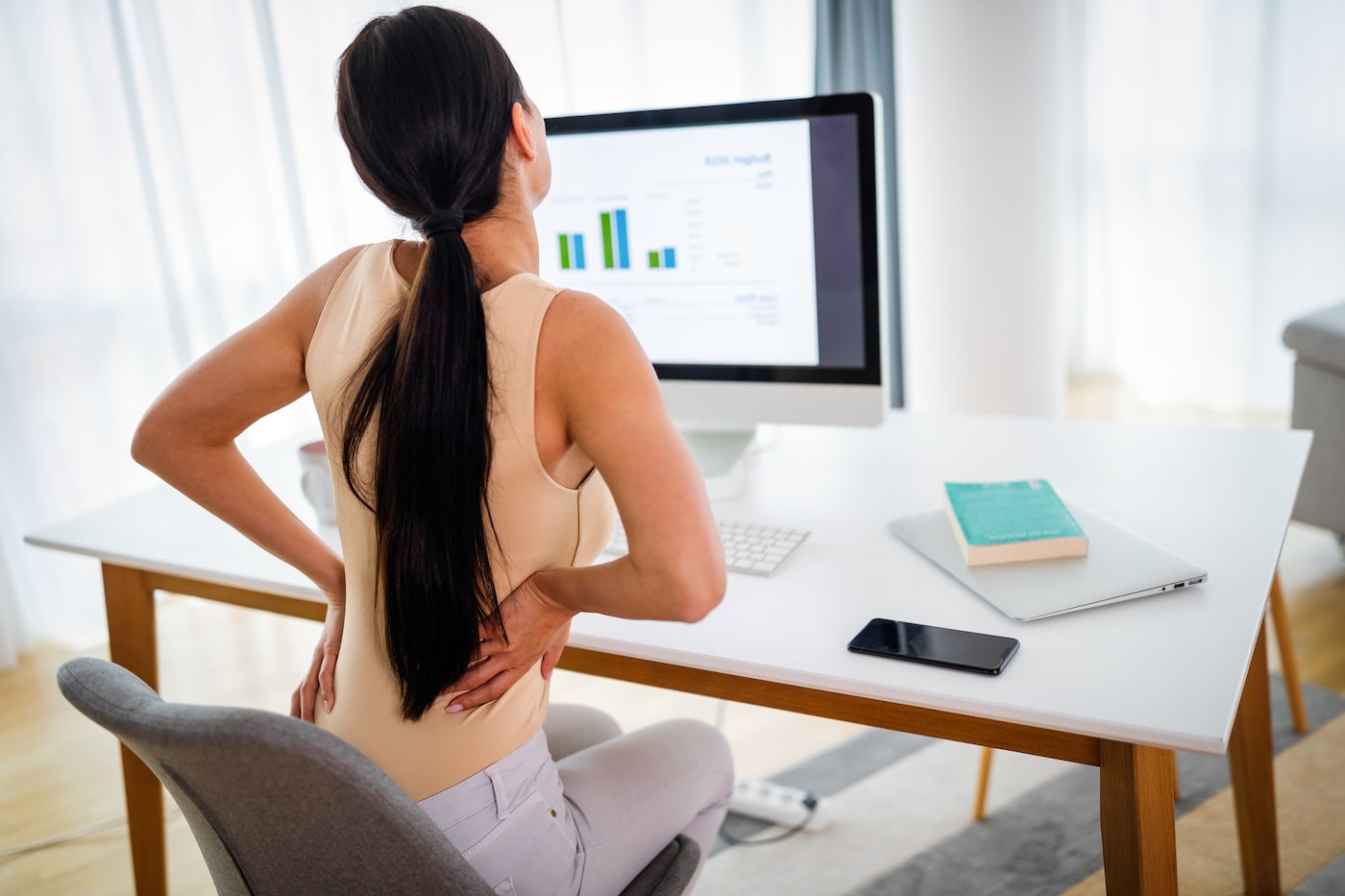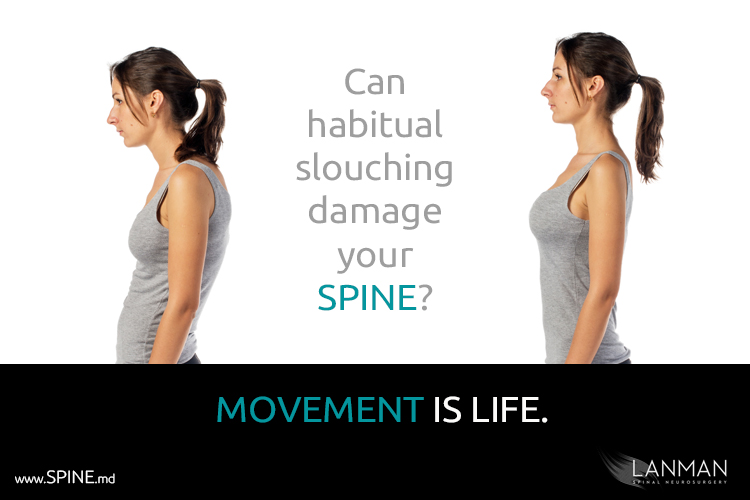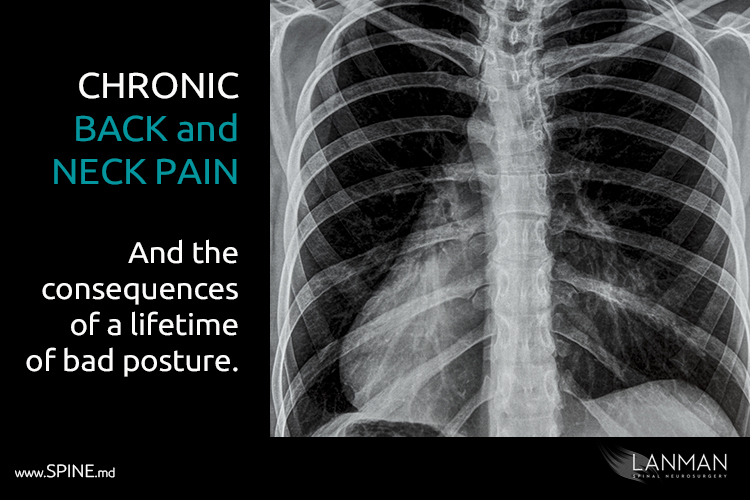Ever feel a twinge in your back after a long day hunched over your desk? It’s not just a coincidence! Understanding the direct link between bad posture and back pain is crucial for maintaining a healthy spine. This article delves deeper into this connection, exploring the specific ways poor posture can strain your muscles, joints, and discs, leading to discomfort and pain. But don’t worry, knowledge is power! We will not only explain the science behind the connection but also offer practical solutions and insights into how you can prevent or alleviate back pain through improved posture. So, sit up straight, take a deep breath, and get ready to discover how small changes in your posture can make a big difference for your back health!
How do you know if your back hurts from bad posture?
It is difficult to know for sure if your back hurts from bad posture, but if your back hurts and you have poor posture, posture is likely part of the problem. One clue that suggests your back hurts from bad posture is if you sit up tall or stand up straight and the pain lessens. Also, if you improve your posture and notice less back and leg pain, that’s good evidence of a connection.
The Connection Between Posture and Back Pain
The connection between posture and back pain is complex, with both influencing each other in a cycle. While poor posture isn’t the sole cause of back pain, it can certainly play a significant role in its development and aggravation.
How Bad Posture Can Contribute to Back Pain:
Muscle strain and imbalance: Poor posture, like slouching or hunching, puts uneven strain on muscles and ligaments in your back. This can lead to muscle fatigue, tightness, and eventually, pain.
Excessive pressure on joints: When your spine is out of alignment due to bad posture, it creates uneven pressure on the joints between your vertebrae. This can lead to inflammation, pain, and even joint degeneration in the long run.
Disc compression: Sustained poor posture can compress discs in your spine, which can contribute to disc herniation and pinched nerves, causing pain that radiates down your leg (sciatica).
Reduced blood flow: Poor posture can restrict blood flow to your spinal tissues, hindering their ability to heal and repair themselves, potentially contributing to chronic pain.
How Back Pain Can Affect Posture:
Pain-avoidance postures: When you experience back pain, you might subconsciously adopt postures that feel more comfortable, even if they’re not optimal for spinal alignment. This can create a vicious cycle of pain and poor posture.
Muscle weakness and stiffness: Back pain can lead to muscle weakness and stiffness, making it harder to maintain good posture, further perpetuating the cycle.
Reduced flexibility: Limited flexibility due to pain or inactivity can restrict your ability to move and maintain good posture, contributing to further back discomfort.
Common Causes of Bad Posture
Maintaining good posture isn’t just about looking good; it’s essential for long-term spinal health and preventing pain. Unfortunately, our modern lifestyles often contribute to slouching, hunching, and misalignment, leading to a range of posture problems. Let’s delve into the most common culprits behind bad posture and how they affect our backs:
Prolonged Sitting: The enemy of good posture, prolonged sitting wreaks havoc on our backs. Spending hours glued to chairs weakens core muscles responsible for supporting the spine. This leads to slouching, rounded shoulders, and eventually, pain in the lower back, neck, and shoulders. Think of it like a house with weak foundation beams; the structure eventually crumbles.
Poor Ergonomics: Our work and living spaces often lack ergonomic considerations, further fueling bad posture. Uncomfortable chairs, improperly positioned screens, and cluttered desks force us into unnatural positions, straining specific muscle groups and putting undue pressure on the spine. Imagine trying to fit into a mismatched puzzle; discomfort and misalignment are inevitable.
Lack of Physical Activity: A sedentary lifestyle isn’t just about fitness; it impacts flexibility and posture too. Without regular activity, muscles like the chest and hamstrings tighten, pulling our bodies out of alignment. Think of tight rubber bands; they restrict movement and create tension. This tightness not only restricts movement but also contributes to pain and discomfort, making maintaining good posture even harder. Some tips to avoid back pain through exercise can be found here.
Wearing high heels: While fashionable, high heels shift our center of gravity and alter gait, potentially leading to back pain and posture issues. Think of walking on uneven terrain; it throws off your balance and puts stress on your body.
Carrying heavy objects: Improper lifting technique or carrying heavy objects can strain back muscles, contributing to poor posture over time. Think of overloading a shelf; it can lead to imbalance and eventually collapse.
Smartphone Usage (Text Neck): Looking down at your cell phone puts incredible stress on your neck. Dr. Lanman published a paper on “Text Neck” in The Spine Journal because he started seeing it so much in his practice.
Tips to Improve Your Posture
Maintaining good posture isn’t just about aesthetics; it’s crucial for preventing pain, improving mobility, and boosting your overall well-being. But let’s face it, our modern lives often conspire against us, leading to slouching, hunching, and misalignment. Here are some simple yet effective tips to reclaim your posture and feel your best:
Stand tall and proud: Imagine a string pulling you up from your head. Engage your core, relax your shoulders, and avoid slouching. Remember, good posture is a conscious choice, not a passive state.
Stretch regularly: Tight muscles can pull your body out of alignment. Include stretches for your chest, hamstrings, and neck in your daily routine to improve flexibility and posture.
Strengthen your core: A strong core is the foundation for good posture. Exercises like planks, bridges, and bird-dogs can help build core strength and improve spinal stability.
Ergonomics matter: Invest in a supportive chair with good lumbar support and adjust your desk and monitor heights to promote a neutral spine position.
Ditch the slouch-inducing habits: Avoid carrying heavy bags on one shoulder, crossing your legs for extended periods, and hunching over your phone. Be mindful of your posture throughout the day.
Take movement breaks: Sitting for long periods is a posture killer. Get up and move around every 30 minutes, even if it’s just a quick walk or some stretches.
Conclusion
While bad posture isn’t the sole culprit, it can significantly contribute to back pain through muscle strain, joint pressure, and disc issues. Common culprits like prolonged sitting, poor ergonomics, and inactivity worsen posture, creating a vicious cycle. Thankfully, simple steps like mindful standing, regular stretching, core strengthening, ergonomic adjustments, and avoiding slouching habits can help reclaim good posture and prevent future pain, promoting a healthier, more comfortable you! Remember, consistency and professional guidance are key for lasting results. Invest in your well-being, stand tall, and feel your best!
If you want to learn more about posture and spine health, or you are struggling with chronic neck or low back pain, schedule a consultation with Dr. Lanman today. Dr. Lanman is committed to relieving neck and back pain.
FAQs:
How can I check and correct my posture?
Stand straight and observe your body alignment from the front and back in a mirror. Check if your shoulders are level, hips even, and head held high. Do you see any slouching or unevenness? Also, pay attention to your body. Throughout the day, notice how you’re sitting, standing, and walking. Are you slouching, hunching over, or straining your neck? Follow the tips to improve your posture described in the article.
Are there specific exercises to improve posture?
Yes. Exercises that strengthen your core and back will help improve your posture. Likewise, stretching and flexibility exercises can help prevent muscle strains.
Does building muscle fix posture?
Strong core and back muscles support proper spinal alignment and help maintain good posture. Building these muscles can counteract slouching and improve your ability to hold yourself upright. Building muscle evenly across different groups can help achieve a balanced posture.
Is it ever too late to improve my posture?
No. You can always take steps to improve your posture. However, the longer you wait, the harder it will be to improve your posture once you take action. Muscles will weaken and atrophy and abnormal stresses on discs and facets joints can make regaining good posture quire difficult.
Does bad posture cause any serious back conditions?
Bad posture does not directly cause any serious back conditions. For example, bad posture is not a cause of scoliosis. That said, bad posture can contribute to several neck and back problems.
What is the single best exercise for back pain?
There is no single best exercise for everyone with back pain, but swimming comes close. Swimming takes pressure of the spine and provides a great workout for all the major muscle groups.







